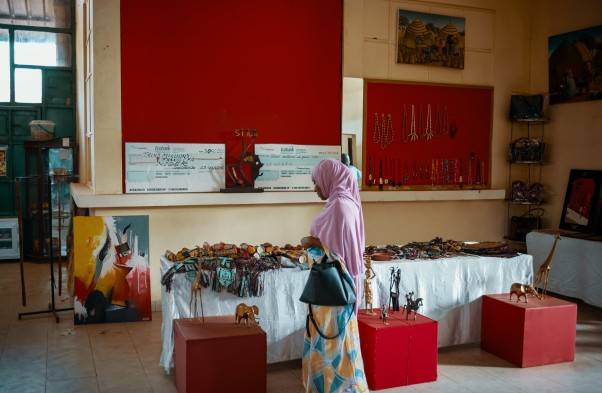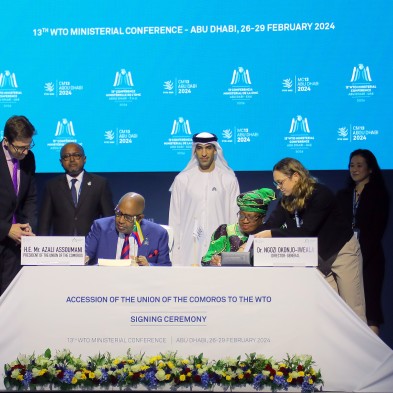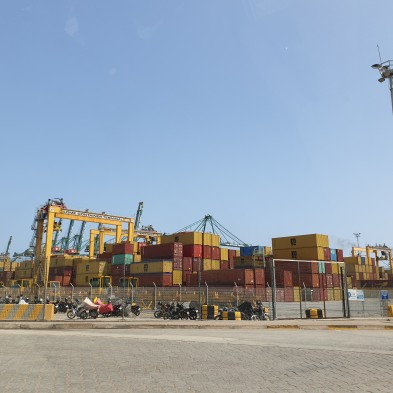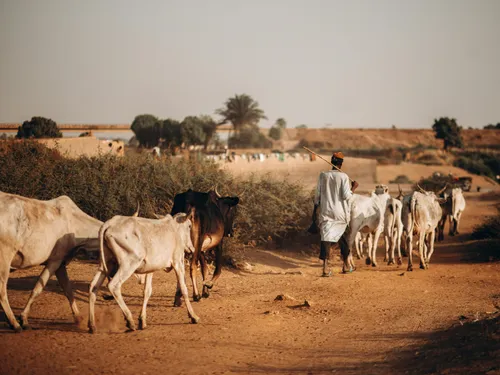
Le CIR aide le Niger à intégrer de façon effective le commerce dans son Plan de développement économique et social et, plus globalement, dans la Stratégie de développement durable et de croissance inclusive.
Le commerce a été intégré dans des stratégies sectorielles pour le tourisme, l'agriculture et les industries extractives. Le soutien ciblé accordé dans le secteur des cuirs et des peaux a été essentiel pour renforcer les capacités institutionnelles et techniques des producteurs et des exportateurs afin que ceux‑ci jouent un rôle plus actif dans la commercialisation de leurs produits.

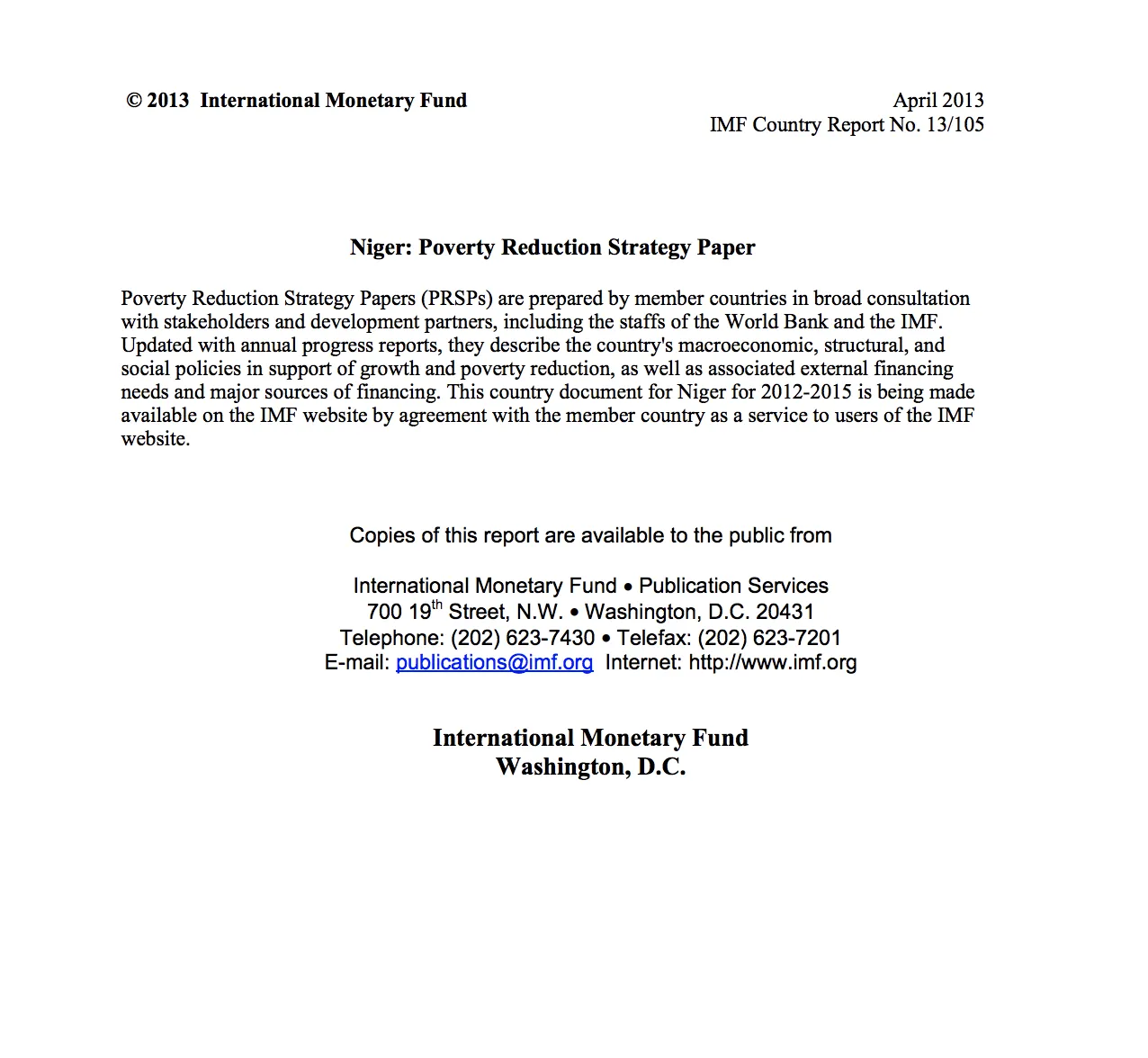
Depuis 2011, le CIR s'est associé au gouvernement du Niger pour renforcer la mise en œuvre institutionnelle effectuée par le Ministère du commerce, de l'industrie et de la promotion des jeunes entrepreneurs. Le partenariat vise à développer la capacité de créer et d'intégrer des politiques liées au commerce dans les programmes nationaux de développement et à faciliter le commerce régional et international.
Au cours des prochaines années, les efforts seront axés sur le maintien des résultats, le renforcement des cadres de dialogue public‑privé existants, la création d'un mécanisme de consultation entre partenaires techniques et financiers, et la formation des femmes et des jeunes.
Résultats:
- 45 boulangers, bouchers, ouvrières de la transformation agricole et restaurateurs ont été formés aux normes d'hygiène et de qualité.
- 40 femmes entrepreneurs des 8 régions du Niger ont été formées au commerce transfrontières et à la facilitation des échanges à Zinder.
- L'unité nationale de mise en œuvre du CIR s'emploie à promouvoir le commerce dans les stratégies sectorielles nationales, y compris en ce qui concerne l'élevage, le perfectionnement professionnel, l'emploi et l'agriculture.
Le CIR s'emploie à améliorer la compétitivité du secteur des cuirs et des peaux en renforçant les capacités des acteurs qui en font partie dans les huit régions du Niger.
Résultats:
- Des matériels pédagogiques sur des sujets tels que le marquage du bétail, le dépouillement, les techniques de conservation des cuirs et des peaux et les opérations de tannage ont été élaborés.
- 5 abattoirs ont été dotés de matériel de dépouillement approprié.
- 120 collecteurs de cuirs et de peaux et 40 agents d'élevage responsables du marché du bétail ont été formés à la conservation et à des techniques efficaces pour les cuirs et les peaux.
- 60 tanneurs ont été formés à des techniques écologiques et inodores pour le tannage couleur et la fixation de la couleur sur les peaux.
- 40 femmes ont été formées au travail du cuir, 4 associations de femmes ont reçu du matériel de travail du cuir et 16 femmes ont été formées aux techniques de couture et à la maintenance des machines.

